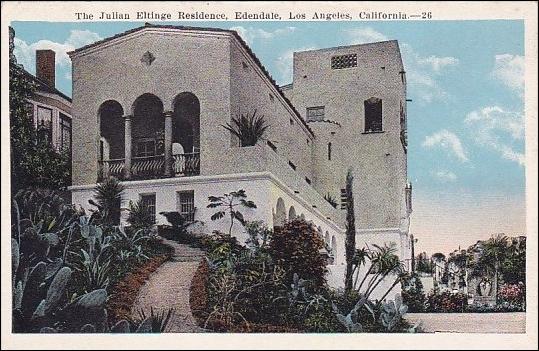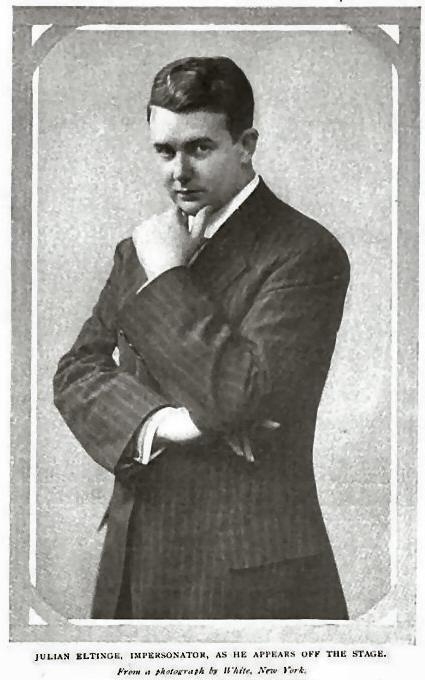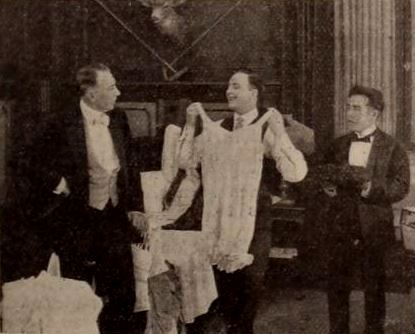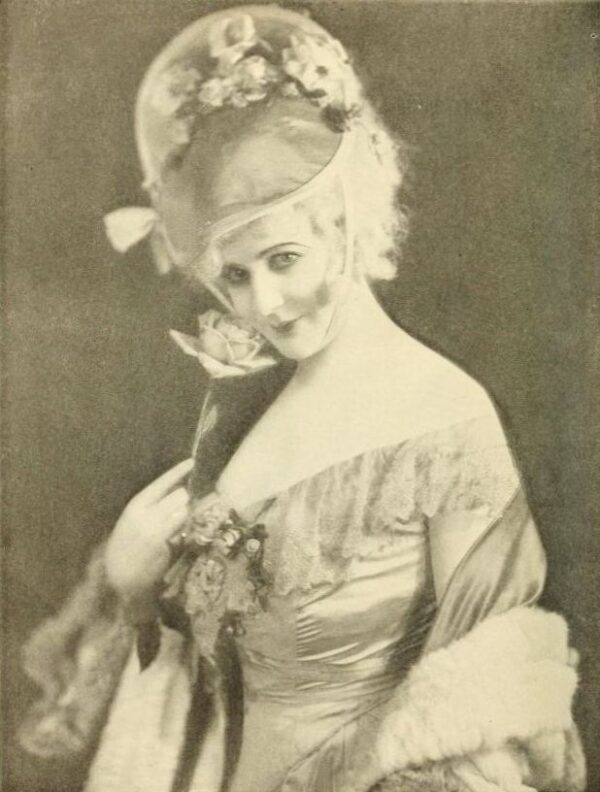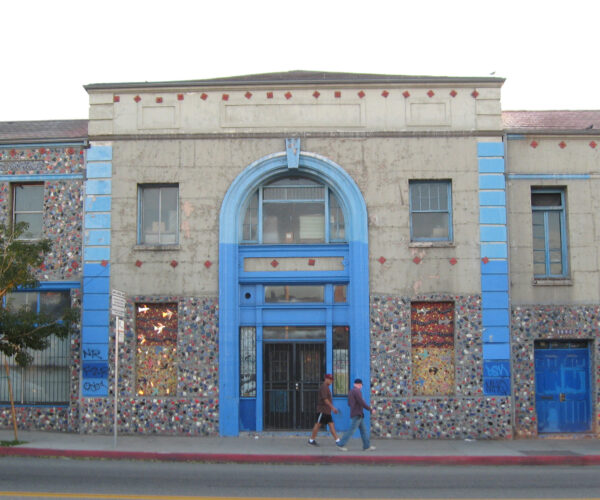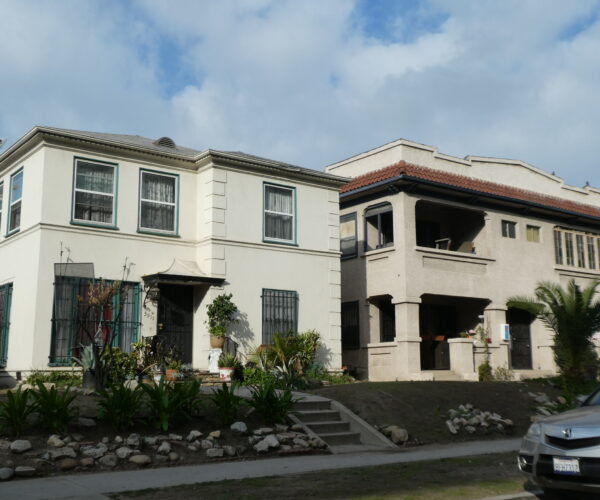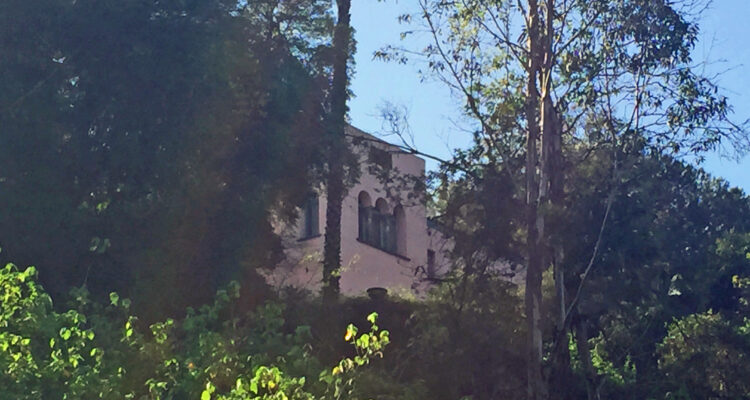
Place
Julian Eltinge Residence
Female impersonator Julian Eltinge was one of the most successful stage actors of the twentieth century.
Place Details
Address
Get directions
Style
Decade
Property Type
Community
Often regarded as America's first celebrated drag performer, Julian Eltinge commisioned this Spanish Colonial Revival hilltop residence while launching his career as a silent film actor. Though the house, known as Villa Capistrano, is not visible from the street, its elaborate design reflects Eltinge's aspirations as an artist and performer.
Eltinge was born on May 14, 1881 in Newtonville, Massachusetts. In the early 1900s, he became a fixture of New York's vaudeville circuit.
Following his return to New York after a European tour in 1906-1907, he made his debut solo performance in the vaudeville production of "Simpson Girl," which was a parody of the iconic Gibson Girl.
To both audiences and critics alike, Eltinge was renowned for his mastery of performing both male and female characters. He was so talented, in fact, that many viewers failed to recognize him as his female characters. As a result of his skills, he became one of the highest-paid stage actors of the twentieth century.
In 1914, Eltinge moved to Hollywood and starred in his first silent film, The Countess Charming. Following this success, he was offered roles in other films such as Isle of Love, Jules, The Voice of Hollywood, and If I had My Way.
His movies were diverse and ranged from slapstick comedies to dramas and musical comedies. Eltinge returned to New York from Hollywood in 1930.
Eltinge's star power diminished in the late 1930s when vaudeville and female impersonators began falling out of public favor, and he subsequently struggled to find work. He died in 1941 after completing a show in New York.
